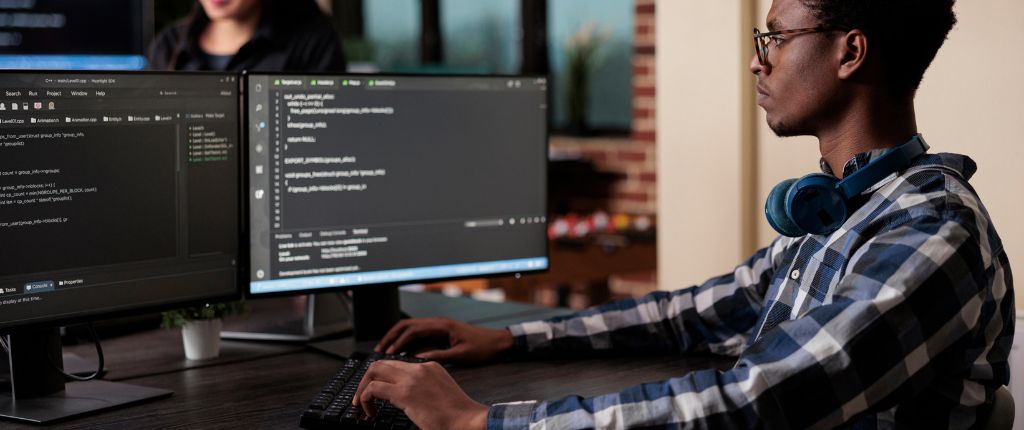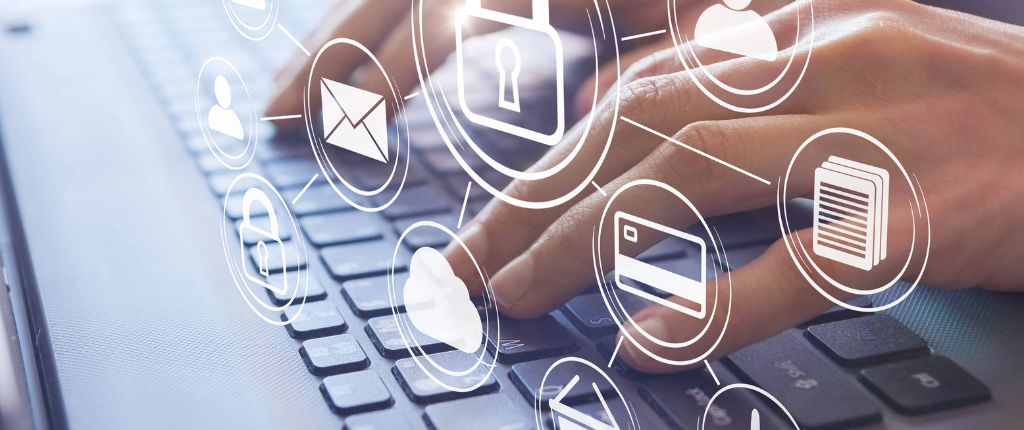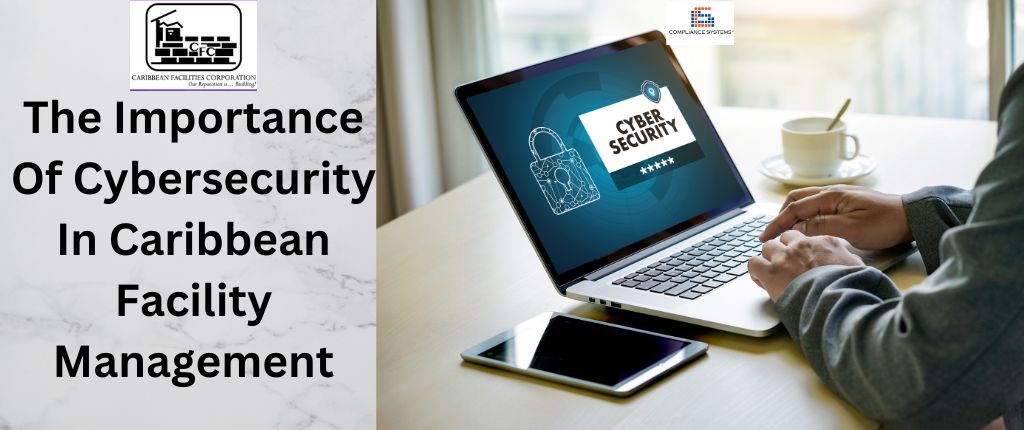Cyber threats targeting the Caribbean’s facility management sector have become increasingly sophisticated and frequent. It’s no longer just about keeping up with maintenance schedules and ensuring operational efficiency. There’s a new player on the field, and it’s attacking digitally.
These breaches can spell disaster for facility operations and reputations. Imagine a scenario where a hotel’s reservation system goes down due to a ransomware attack. Suddenly, there’s chaos at the front desk, angry customers, and a tarnished reputation that takes years to rebuild.
Part of the problem lies in the current systems in place. Many setups are outdated and patched together without proper cybersecurity measures in consideration. These gaps leave facilities wide open to attacks that could have been easily prevented with a proactive approach.
Facilities often overlook the cybersecurity element simply because it seems intangible compared to physical security. But in today’s tech-driven world, ignoring this digital frontline is a risk that’s simply not worth taking. Addressing these challenges head-on will be critical for Caribbean facility management teams aiming to secure their operations against these rising threats.

Why Cybersecurity Matters: Protecting People, Data, and Infrastructure
Cybersecurity is more than just a digital concern; it is an integral part of safeguarding people, data, and infrastructure within facility management in the Caribbean. Sensitive information—like customer data, operational blueprints, and security codes—requires robust protection against unauthorized access.
Failures in cybersecurity can have a domino effect, impacting physical security and safety measures. For example, if a hospital’s network is compromised, not only is patient confidentiality at risk, but essential systems that manage life-support equipment could be affected, endangering lives.
Economically, the repercussions are significant. Cyber attacks can lead to huge financial losses through data breaches and operational downtime. They can also damage investor confidence and impact tourism—a vital industry in the Caribbean. This makes investing in cybersecurity an economic necessity rather than an optional extra.
Facility managers should prioritize implementing encryption technologies, secure authentication processes, and regular security audits. Each of these measures is a necessary shield against potential digital tragedies. Proactive cybersecurity can provide peace of mind, knowing that operations are running safely and data is protected.

Implementing Robust Cybersecurity Strategies for Caribbean Facilities
Developing robust cybersecurity protocols is crucial for the safety and efficiency of physical and digital operations. Facility managers in the Caribbean need to establish clear cybersecurity guidelines, tailor-made for their specific operational needs. This isn’t just a one-size-fits-all approach; it’s about crafting strategies that fit the unique challenges and opportunities each facility faces.
Start by conducting comprehensive assessments to identify vulnerabilities. Having a clear understanding of where gaps exist allows managers to take targeted actions to shore up defences. It’s like a health check-up for your facility’s digital dependencies, and I can’t stress enough how important that diagnostic check is.
Training and empowering staff is another cornerstone of an effective cybersecurity strategy. From top management to front-line workers, everyone should be aware of the potential cyber threats and educated on how to respond to them. Regular workshops and training sessions can create a more informed team ready to tackle any threats that might arise.
Collaborating with local and international cybersecurity experts can also provide valuable insights into the best practices currently being used worldwide. These experts can offer guidance on the latest technologies and solutions that can be integrated into your systems, enhancing protective measures.
Finally, continuously updating and auditing these protocols ensures that facilities are always protected against emerging threats. Cybersecurity is not set-and-forget; it demands ongoing attention and adaptation to stay ahead of cybercriminals. Regular revisions and upgrades are essential parts of maintaining a secure operational environment.

Future Trends and Innovations in Cybersecurity for Facility Management
Emerging technologies are paving the way for advanced cybersecurity measures. In the Caribbean, adopting these innovations can be a game-changer for facility management. Keeping an eye on future trends ensures that facility managers are not just reacting to threats but actively defending against them before they occur.
Artificial Intelligence (AI) and Machine Learning (ML) are at the forefront of these advancements. These technologies can predict potential cyber threats by analyzing data patterns and detecting anomalies in real time. By incorporating AI and ML into their cybersecurity arsenal, facility managers can gain a significant edge in identifying and neutralizing threats swiftly.
Exploring blockchain as a security tool is another promising innovation. Its decentralized nature makes it highly secure, which can be particularly beneficial for protecting sensitive transaction records and access logs.
Looking at successful case studies of cybersecurity implementations within the region can be incredibly insightful. Facilities that have embraced cutting-edge technologies often share their practices, creating a valuable learning resource that others can draw upon.
Staying updated with these trends is vital for a proactive cybersecurity posture. Facilities that are aware and prepared will undoubtedly have the upper hand in securing their operations against increasingly sophisticated cyber threats.

